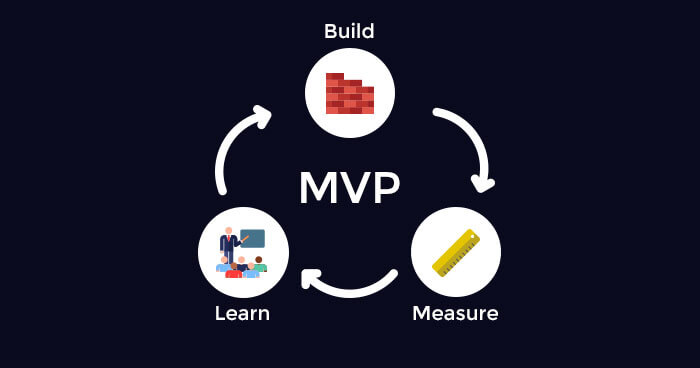
Startups are hard. 90% fail, 10% during the first year itself. If you’re a startup entrepreneur you already know these numbers and yet you are inexplicably pushing forward. Bravo! I did the same thing six years ago and having recently successfully sold my company I’ve learnt a few hard lessons that I’ll share here in the hopes that you avoid them and boost your chance of success.
Hiring Full-time Staff Before Product-market-fit
As Marc Andressen remarked, getting to product-market-fit is the only thing that counts in the early years of your firm. Simply simply, do you have something that people genuinely adore. Until this moment you will be furiously trying several ideas, maybe weekly. During this period any one other than a co-founder would soon feel frustrated by the changes of course and finally wonder if the pay they are giving up on elsewhere is worth it.
I did this error three times before learning this lesson and more than the money wasted I feel horrible that I put those early workers through this highly psychotic period.
Deprioritizing Offshore Talent
Saving money is vital in the early days. No surprise that Google and many other outstanding firms began out in garages. But the main price is labor and given the level of people throughout the world, and tools to interact with them, hiring overseas is the best method to save money early on.
At The Factual we hired skilled designers and programmers in Argentina for $35-50/hr where the timezone overlap was quite good with the US west coast. CEOs I know discovered equivalent great talent in Portugal, Spain, Ukraine, and Vietnam for $20/hr or more. Occasionally, we employed US and Canadian talent in small places, or working from cheaper regions abroad. And with few exceptions we found overseas personnel to be dependable and simple to deal with.
I should add that while offshore talent is amazing they will not fix difficulties for you. Like most other contractors, they will do as you ask them. So utilize them for exact efforts rather than broadly defined objectives.
Holding On To Original Thought For Too Long
Your initial concept is quite likely going to fail. This may sound like a big generalization, especially because you presumably recently resigned a job to create your business based on a concept you think is really fantastic. But success with companies, at least in consumer, frequently comes from insights that no one else has. And such insights are seldom read or found in a survey but rather learnt via failure. So the key to success is to cycle fast through concepts and obtain those insights soon.
I constructed a whole product for my initial concept before finding out people wouldn’t utilize it. A basic landing page test may have informed me the same for significantly less money and time. It’s easy to assume a landing page can’t possible represent the product’s promise but if you can’t lay it out in words and persuade visitors to sign-up then you don’t know what problem you’re solving and who you’re solving it for.
Building A Greater Mvp Than Necessary

Most founders have a lofty vision for the answer to a knotty problem and start out to construct an expanded product, albeit in phases. But product form factors like a mobile app or website are significantly greater endeavors than people believe, even if you truly attempt to reduce the feature set. Just standing up a site or app, obtaining solid login/authentication, having good onboarding, guaranteeing responsive layout etc takes a ton of work and you haven’t even got a feature yet.
Instead, pick the smallest product area you can test with. That may be a basic mailing yet this was our first hit product. And its built-in retention means you are establishing an audience first, which will be vital when you do have a more comprehensive product to test. You may also read this: Artificial Intelligence Benefits Businesses
Not Having A Marketing Co-founder
The number one thing investors look for in a business is significant growth, often 10% month-over-month or more. That’s because it’s a simple indication for product-market-fit and a business that scales. But getting to high growth is really challenging and involves ongoing experimenting with new marketing channels and methods.
A marketing co-founder is crucial so that he/she concentrates on development every day and is not sidetracked by other things. In our startup we had a technical co-founder and a product co-founder/CEO. So neither of us concentrated on growth entirely and we never reached the 10% m-o-m growth rate regularly. When we eventually recruited our marketing co-founder (5 yrs into the trip) it was late and had we done this earlier we would’ve likely have had more stable growth.
Bonus lesson
Some of the finest ideas above come from other business co-founders. Talking with other founders was frequently the best source of advise and I had a regular group of four entrepreneurs who met every quarter for dinner. Beyond the suggestions, it was fantastic to sympathize with them and learn that my blunders are not unique. Hope you discover your tribe on this fantastic adventure and drop me a message if you have any questions: arjun dot moorthy at gmail dot com.






